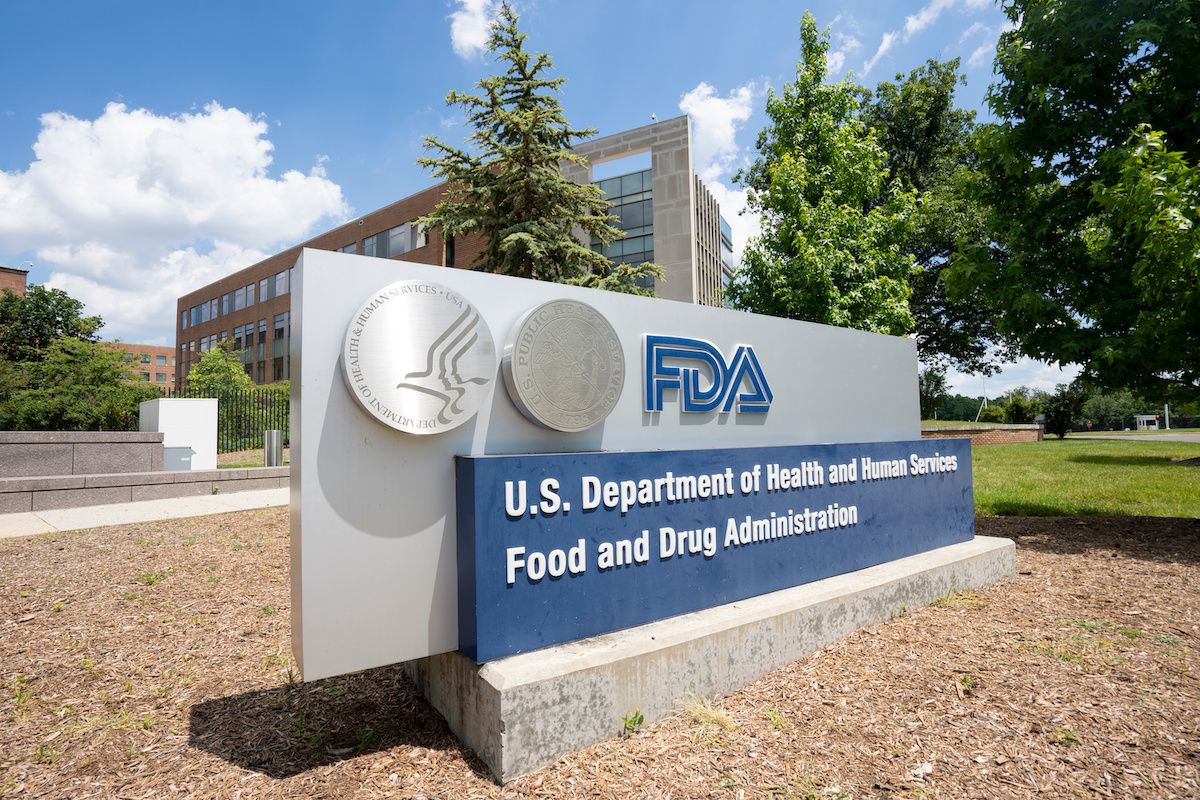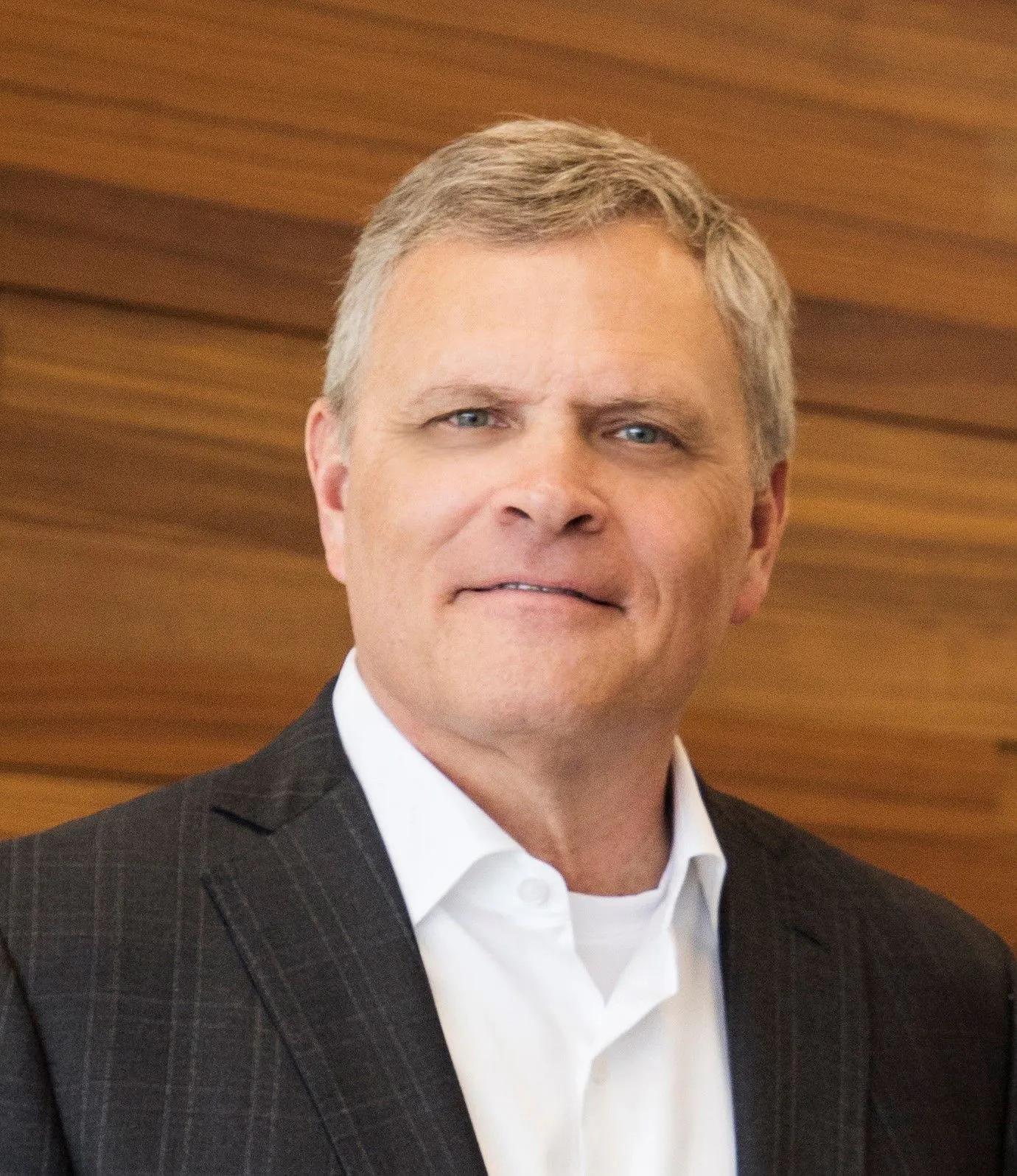Article
CONNECTICUT - PHYSICIAN AIDES, PHYSICIAN ASSISTANTS AND NURSE PRACTITIONERS (Scope of Duties)
State laws and regulations that affect your medical practice
I. UNLICENSED PHYSICIAN ASSISTANTS
No person shall practice as a physician assistant or represent himself as a physician assistant unless he holds a license or temporary permit.
C.G.S.A. § 20-12b(d)
1. What qualifications must an assistant have to be licensed as a physician assistant?
The State Department of Public Health (Department) will issue a physician assistant license to an applicant if the following requirements are met. The applicant must:
A. hold a baccalaureate degree;
B. be a graduate of an accredited program;
C. qualify by having passed the national certifying examination administered by the National Commission on Certification of Physician Assistants (Commission), or its successor;
(The Department has provided that an applicant may also submit proof of a current license in a state which has standards substantially equivalent to those of this State, in lieu of a submission of proof of passing the national certifying examination.)
D. satisfy the mandatory continuing medical education requirements of the Commission for current certification by such Commission and pass any examination or continued competency assessment the passage of which may be required by the Commission for maintenance of current certification by such Commission; and
E. complete not less than sixty hours of didactic instruction in pharmacology for physician assistant practice approved by the Department.
C.G.S.A. § 20-12b
2. Who may employ a physician assistant?
A physician assistant may be employed by a physician, health care facility or institution.
3. What regulations must the employer of a physician assistant follow?
A. Each physician assistant practicing must have a clearly identified supervising physician who maintains the final responsibility for the care of patients and the performance of the physician assistant and who registers with the Department. An individual may register with the Department as a supervising physician provided the individual:
1. has submitted a completed application, on such forms as the Department may require, with a fee of thirty-seven dollars and fifty cents;
2. is not or has not been subject to disciplinary action which is pending; or
3. is not the subject of an unresolved complaint in Connecticut or any other territory.
B. A physician may function as a supervising physician for as many physician assistants as is medically appropriate under the circumstances, provided:
i. the supervision is active and direct; and
ii. the physician is supervising not more than six (6) full-time physician assistants concurrently, or the part-time equivalent thereof.
C. A supervising physician must notify the Department in writing within thirty (30) days of termination of a physician-physician assistant supervisory relationship.
D. Notwithstanding Section 3C, a licensed physician assistant may provide patient services under the supervision, control, responsibility and direction of a licensed physician who has not registered with the Department of Public Health as a supervising physician pursuant to Section 3A, provided the physician assistant is part of the Connecticut Disaster Medical Assistance Team or the Medical Reserve Corps, under the auspices of the Department of Public Health, or the Connecticut Urban Search and Rescue Team, under the auspices of the Department of Public Safety, and is engaged in officially authorized civil preparedness duty or civil preparedness training conducted by such team or corps.
C.G.S.A. § 20-12c
E. Supervising physicians must ensure that the physician assistant clearly identifies him or herself by appropriate identification as a physician assistant rather than a physician.
C.G.S.A. § 20-12d
F. A supervising physician may delegate duties to a physician assistant when
1. the supervising physician is satisfied as to the ability and competency of the physician assistant;
2. such delegation is consistent with the health and welfare of the patient and in keeping with sound medical practice; and
3. such functions are performed under the oversight, control and direction of the supervising physician.
C.G.S.A. § 20-12d
4. What duties may a physician assistant perform?
A. The functions that may be performed under such delegation are those that are within the scope of the supervising physician's license, within the scope of such physician's competence as evidenced by such physician's postgraduate education, training and experience and within the normal scope of such physician's actual practice. Delegated functions must be implemented in accordance with written protocols established by the supervising physician. All orders written by physician assistants must be followed by the signature of the physician assistant and the printed name of the supervising physician.
B. A physician assistant may, as delegated by the supervising physician within the scope of such physician's license:
1. prescribe and administer drugs, including controlled substances in schedule IV or V in all settings;
2. renew prescriptions for controlled substances in schedule II, III, IV or V in all settings;
3. prescribe and administer controlled substances in schedule II or III in all settings, provided in all cases where the physician assistant prescribes a controlled substance in schedule II or III, the physician under whose supervision the physician assistant is prescribing must document such physician's approval of the order in the patient's medical record not later than one calendar day thereafter;
4. as delegated by the supervising physician within the scope of such physician's license, request, sign for, receive and dispense drugs to patients, in the form of professional samples, or when dispensing in an outpatient clinic that operates on a not-for-profit basis, or when dispensing in a clinic operated by a state agency or municipality; and
5. make the actual determination and pronouncement of death of a patient, provided:
(i) the death is an anticipated death;
(ii) the physician assistant attests to such pronouncement on the certificate of death; and
(iii) the physician assistant or a Connecticut-licensed physician certifies the death and signs the certificate of death no later than twenty-four hours after the pronouncement.
C.G.S.A. § 20-12d
III. NURSE PRACTITIONER
1. What qualifications must an individual have to be a nurse practitioner?
The Connecticut Board of Examiners for Nursing (SBN) will issue an advanced practice registered nurse (APRN) license to an applicant if he or she:
A. is a registered professional nurse. In order to acquire a license as a professional nurse, the SBN requires applicants to:
1. hold a diploma from an accredited 4-year high school or the equivalent thereof as determined by the State Department of Education;
2. have completed a course of professional nursing study in an accredited school of professional nursing as defined by the SBN and holds a diploma therefrom; and
3. passes a written examination in such subjects as the Department may determine, which examination may be supplemented by an oral or practical examination or both. Upon successfully passing such examinations the applicant must be licensed by the SBN to practice professional nursing.
B. holds and maintains current certification as a nurse practitioner, a clinical nurse specialist or a nurse anesthetist from one of the following national certifying bodies that certify nurses in advanced practice: The American Nurses' Association, the Nurses' Association of the American College of Obstetricians and Gynecologists Certification Corporation, the National Board of Pediatric Nurse Practitioners and Associates or the American Association of Nurse Anesthetists, their successors or other appropriate national certifying bodies approved by the Board of Examiners for Nursing;
C. has completed thirty hours of education in pharmacology for advanced nursing practice;
D. if first certified after December 31, 1994, holds a master's degree in nursing or in a related field recognized for certification as either a nurse practitioner, a clinical nurse specialist, or a nurse anesthetist by one of the foregoing certifying bodies; and
E. is not the subject of a pending professional disciplinary action or unresolved complaint.
C.G.S.A.§ 20-87a
2. What duties may be performed by a APRN?
An APRN may do the following:
A diagnose human responses to actual or potential health problems and alterations in health status;
B. provide supportive and restorative care, health counseling and teaching, case finding and referral;
C. collaborate in the implementation of the total health care regimen;
D. execute the medical regimen under the direction of a licensed physician, dentist or advanced practice registered nurse; and
E. in all settings, the APRN may, in collaboration with a physician (collaborating physician), prescribe, dispense and administer medical therapeutics and corrective measures and may request, sign for, receive and dispense drugs in the form of professional samples.
C.G.S.A. § 20-87a
3. What are the requirements for issuing prescriptions and orders; dispensing medications?
A. An APRN may prescribe, dispense, and administer drugs, including controlled substances in schedule IV or V, except that such an APRN may also prescribe controlled substances in schedule II or III that are expressly specified in written collaborative agreements.
B. In order to prescribe, dispense and administer drugs, including controlled substances in schedule II, III, IV, or V an APRN must maintain current certification from the American Association of Nurse Anesthetists.
C. An APRN maintaining current certification from the American Association of Nurse Anesthetists who is prescribing and administrating medical therapeutics during surgery may only do so if the physician who is medically directing the prescriptive activity is physically present in the institution, clinic or other setting where the surgery is being performed.
C.G.S.A. § 20-87a
D. All prescription forms used by an APRN must contain his or her name, address and telephone number. The form may also contain the name of the collaborating physician.
C.G.S.A. 20-101c
4. What are the Standards for collaboration agreements between APRNs and collaborating physicians?
A. Collaboration means a mutually agreed upon relationship between an advanced practice registered nurse and a physician who is educated, trained or has relevant experience that is related to the work of such advanced practice registered nurse.
B. The collaboration must address:
1. a reasonable and appropriate level of consultation and referral;
2. coverage for the patient in the absence of the advanced practice registered nurse; and
3. a method to review patient outcomes and a method of disclosure of the relationship to the patient.
C. Collaboration agreements for APRNs who prescribe must be in writing and must address the level of schedule II and III drugs that the APRN can prescribe and provide a quality assurance method to review patient outcomes.
C.G.S.A § 20-87a; 2006 Conn. Pub. Act 06-169
5. What is the penalty for failure to establish and implement joint protocols consistent with the standards set forth by the SBN?
Any violation of the collaboration agreement by an APRN or physician may be deemed professional misconduct or other grounds for disciplinary sanction by his or her respective licensing board.
Copyright Kern Augustine Conroy and Schoppmann, P.C. Used with permission.





